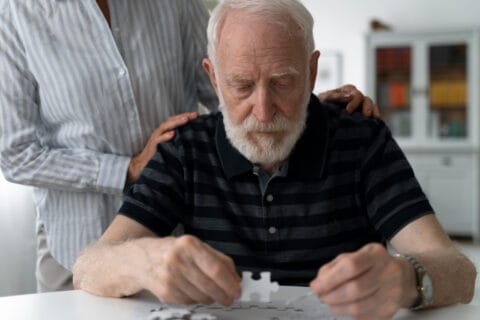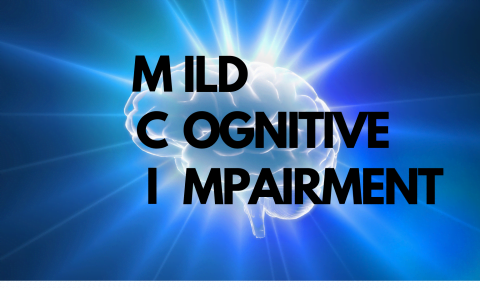Managing their daily needs can be challenging, but with the right strategies, caregivers can create a safe and comfortable environment.
The National Institute of Mental Health and Neurosciences (NIMHANS), in collaboration with the National Ageing Research Institute (NARI), Australia, Queen Mary University London, and Curtin University, Australia, has created short films featuring real-life stories of caregivers and experts. Funded by the Alzheimer’s Association, US, these films highlight the early signs, diagnosis, and Dementia care strategies.
Practical Tips:
Final Thoughts
Caring for someone with Dementia requires patience, adaptability, and emotional resilience. By understanding their needs and implementing these strategies, caregivers can improve the quality of life for their loved ones while also reducing stress for themselves.
Remember, you are not alone—support groups, professional caregivers, and medical experts can offer guidance and relief. Stay informed, take breaks when needed, and seek help when necessary.
Frequently Asked Questions
Yes, in India, you can contact the Dementia India Alliance National Dementia Support Line at +91 8585 990 990 (available Monday-Saturday, 8:00 AM to 6:00 PM). Y
Dementia is an umbrella term for cognitive decline, while Alzheimer’s is its most common type.
Mostly after 65, but early-onset dementia can begin anytime between 40s or 50s.
Over 8.8 million people in India live with dementia.
Most types aren’t, but some caused by vitamin deficiencies or infections can be treated.
No, occasional forgetfulness is normal. Persistent memory issues should be checked.
Yes! Regular exercise, a healthy diet, mental stimulation, and social engagement help.
Yes, like difficulty walking, poor coordination, and weight loss in later stages.




